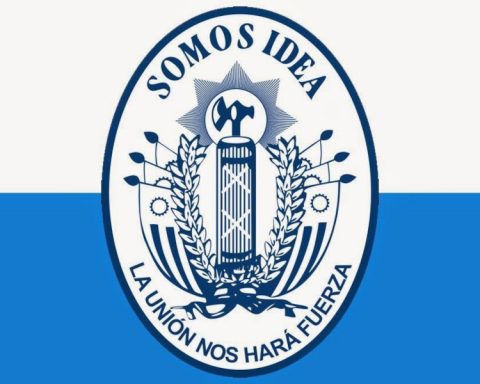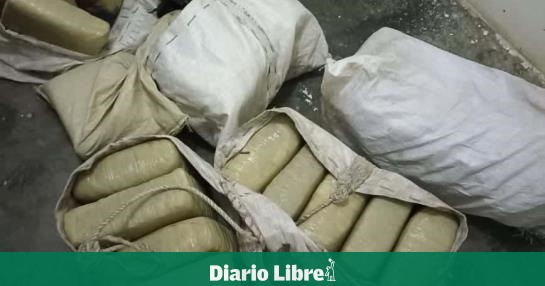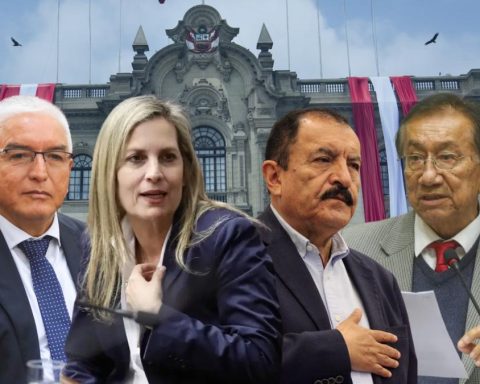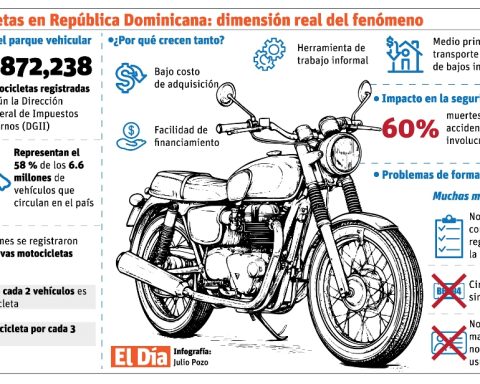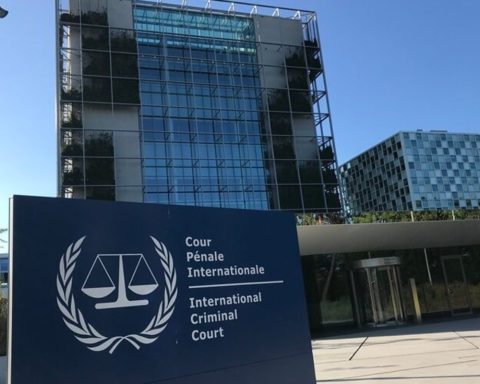The concern by the sharp rise in costs in a context of increase in international prices of raw materialsand the need to seek measures to try to mitigate its impact on the domestic market was the main proposal that the food industrialists took this Friday toA meeting with authorities from the Ministry of Economy and Finance (MEF).
Tied to this, the Industrial Chamber of Packaged Foods (Ciali) also put another concern on the table, which is the negative impact that the trust recently implemented by the Argentine government to intervene in the price of wheat can have on the competitiveness of local companies.
In this way, the administration of Alberto Fernández plans to dump 800,000 tons of cereal on the market in that country at about US$114 a ton (this Friday the ton of wheat closed at US$407), with the aim of expanding supply and regulate the price that then affects basic foods such as dry noodles and flour. The businessmen’s fear is based on the effect that this may have on the imported products that enter the country.
Participating in the meeting were Juan Pedro Flores (El Trigal), Fernando Pache (Industrial and Commercial Pache) and Alejandro Mirci (Pagnifique); For the MEF, it was made by the coordinator of Economic Policy, Marcela Bensión, and the director of the Trade Policy Advisory, Juan Labraga.
From the MEF it was transmitted that there is “concern” about the increase in prices that is having repercussions in an acceleration of inflation. In the year ending in February, the Consumer Price Index (CPI) stood at 8.85% and moved away from the current official target range (3%-7%). In turn, the authorities requested information from industrialists about the impact that the Argentine measure may have on the sector.
The MEF did not give details on what concrete measures are being taken to soften the price increases that are produced by the war in the basic consumer basket. Yes, it was outlined in the line of looking for ways to lower fixed costs of companies, rather than exploring other avenues such as an eventual price agreement or tariff measures such as Argentina’s, Flores told The Observer. In this sense, the authorities specifically transmitted that they are looking for “long-term solutions”.
“For example, if they tell me: ‘We exempt you from employer contributions for one year,’ that is an important impact on our industries. Everything that is energy cost has increased significantly. (…) Some compensation can be sought to help us mitigate the impact and not have to transfer prices. They asked us for alternatives that we will study within the union. We have to take numbers and wait for what measures the government is going to take,” Flores said.
This Friday the mills communicated a 10% adjustment in the price of the flour they sell to each of the factories, although this correction should have been double, according to businessmen, because the impact has been greater according to the recent dynamics in wheat prices. This helps the first impact on final consumer prices to be somewhat more moderate. In any case, the uncertainty of what may happen in the next 10 or 15 days in the international context is present. “It must be recognized that the mills were prudent with a gradual adjustment,” said Flores.
President Luis Lacalle Pou said Wednesday that the government is “studying mechanisms to regulate possible price increases that may occur due to the war.” He according to him knew The Observer a first package of measures will be announced next week.

